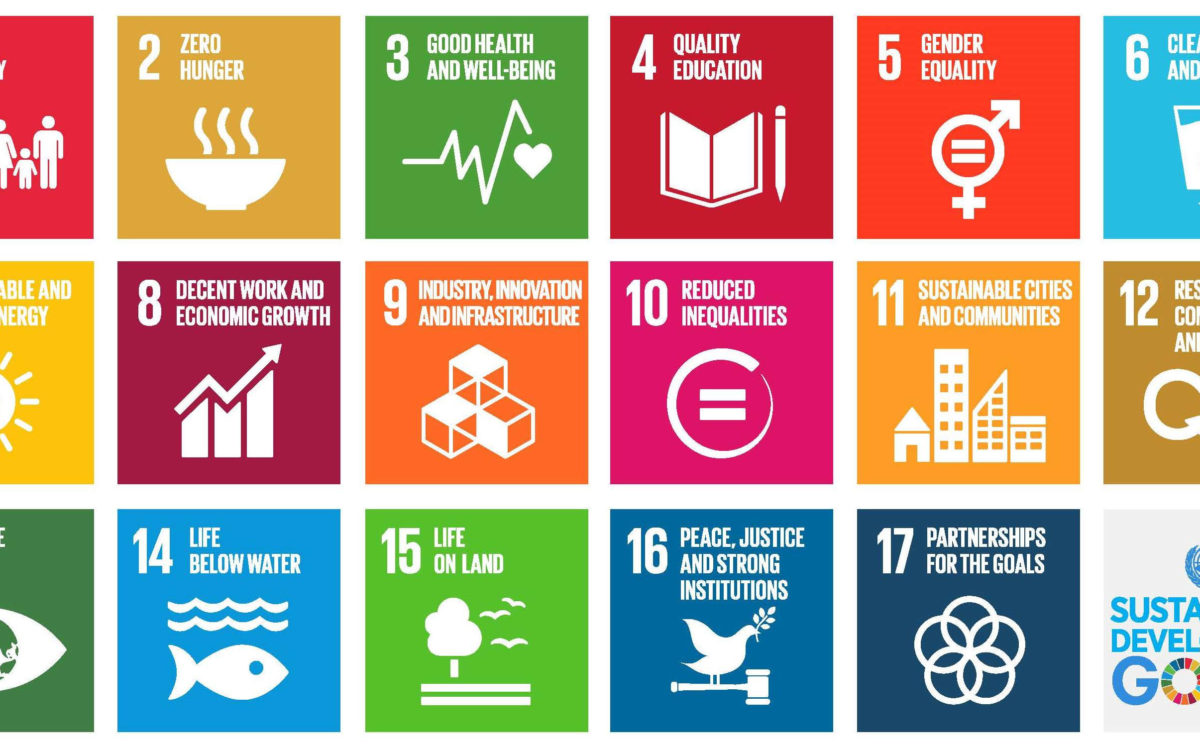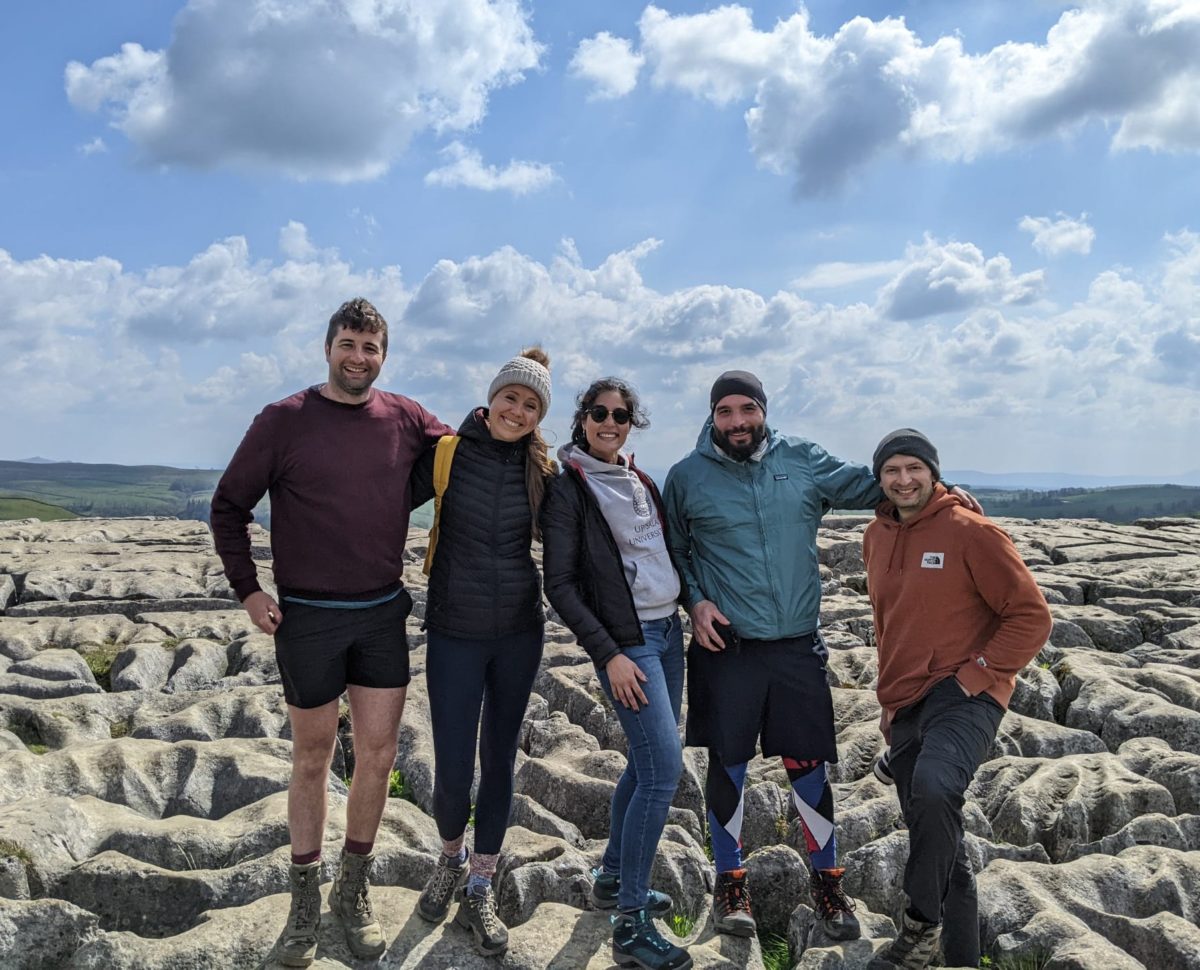We launched the Civil War Paths project blog on 23rd July 2021. In the eleven months since then, we’ve published twenty individual pieces: including reflections on conflict onset, peacebuilding, ethics, post-coloniality, identity, uncertainty, militarisation, mobilisation, gender, climate, securitisation, external actors, paramilitarism, entrepreneurship, order, norms, and many other themes. These pieces, authored by researchers and practitioners from multiple institutions and across various career stages, were read by over 4,000 users in 67 countries (60% of readers came from outside the UK, and 35% of these were from Global South countries). Our blog is developing into a great forum for researchers to share their interests and findings; we hope that readers have found the pieces published on this forum to be insightful and accessible.
Moving forward, we want to build on this initial success with a new blog series for the 2022/2023 academic year. One of the major strengths of pieces across the 2021/2022 series was the depth of theoretical engagement: with all author pieces providing substantive insight into the state of civil war scholarship, and advancing this scholarship with conceptually-rich interventions. In our 2022/2023 series, we want to use this theoretical platform as a launchpad for a new wave of reflections: with potential for impact in sectors beyond higher education.
Sustaing Peace blog series
Specifically, we are inviting authors to submit reflections which connect their research to the UN’s ‘Sustaining Peace’ programme, now entering the seventh year of its implementation. We’re looking for new blog posts which speak to the seven how’s of implementing sustainable peace, as established by the UN’s Sustainable Development Group:
- Changing mindsets. What does it mean to have a mindset for peace? How is it that stakeholder ‘mindsets’ are transformed during the evolution of a conflict?
- Breaking out of silos. What kinds of silos exist within the community of practitioners and researchers, which prevent progress towards sustainable peace? And how can we break these down?
- Context-specific analysis. How do we combine global theories of conflict with case sensitivity? What do researchers and practitioners still have to learn about the localised experience of conflict and peace?
- Formulating a theory of change. What are existing theories of conflict transformation? Where has conflict transformation been achieved (or not), and what can we learn from these experiences?
- Leadership. What leadership roles do individuals and groups take on, in enabling a transition into/out of war? And how can we reconcile stakeholder agency with path dependency, in a ‘pathways’ approach to conflict analysis?
- Financing. What are the economic conditions which sustain or inhibit sustainable peace? How has conflict financing changed in the era of global networks (if at all)?
- Partnerships. Are there any successful examples of partnership between researchers, research participants, and practitioners in countries experiencing conflict (including innovative methodological partnerships)? And what can we do to celebrate these, or share best practice?
Note, these themes/research questions are not intended as strict instructions which authors must follow. Rather, we advance them as prompts for prospective authors: encouraging colleagues to connect their findings with the vision for a sustainable future set out in the UN’s Sustainable Development Goals. There is a wealth of knowledge and rich data within civil war scholarship. We’d like our blog to serve as a ‘pathway’ to bringing this knowledge into communication with peacebuilding practice, as a contribution to realising this UN SDG vision.
To that end, we will be relaunching our fellowship scheme this summer, inviting applicants to include details of a blog post they could author over the course of the annual fellowship (alongside access to seminars, workshops, and networking opportunities offered by the fellowship scheme). We hope to gear these posts towards a high level of informality and accessibility… So that publishing on our blog can be approached as an opportunity rather than a chore, and so that published pieces speak to as diverse an audience as possible.
Blog guidelines
Given these intentions, we ask contributors to submit according to the following guidelines:
- Word count: maximum 1,000 words per piece.
- Citations/sources: strong preference for accessible resources (podcasts, other blogs, documentaries, etc.) rather than academic/paywalled materials – formatted as hyperlinks within the text.
- Images: high-quality visual sources very welcome – including photographs from fieldwork (image ownership will be accredited), data visualisations/infographics, and profile pictures for each author.
- Structure: texts formatted with 2-3 subtitles, for ease of readership.
- Style: contributors are strongly recommended to read other posts from the blog to get an idea of writing style (and in order to cross-reference each others’ contributions), our blog is published with British English spelling.
Fellowship scheme applicants will be invited to include a <100-word abstract with their applications: setting out a proposed blog for the ‘Sustaining Peace’ series, along with a timeline for publication. Details of the fellowship scheme application are forthcoming. Those who would like to publish on our blog without becoming a fellow of the Centre for the Comparative Study of Civil War are of course welcome to send a <100-word abstract separately to [email protected].
We hope to receive abstracts from new and old contributors, with or without a background in research, and from a range of countries which reflects the diversity of research/practice within our field. And we very much look forward to reading and publishing written reflections over the next twelve months!

